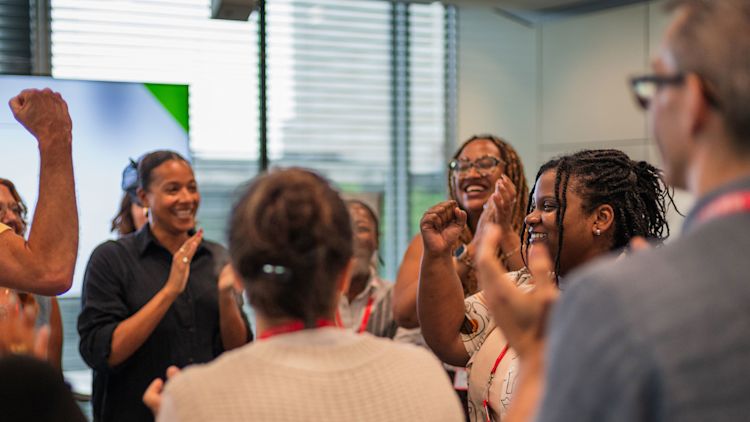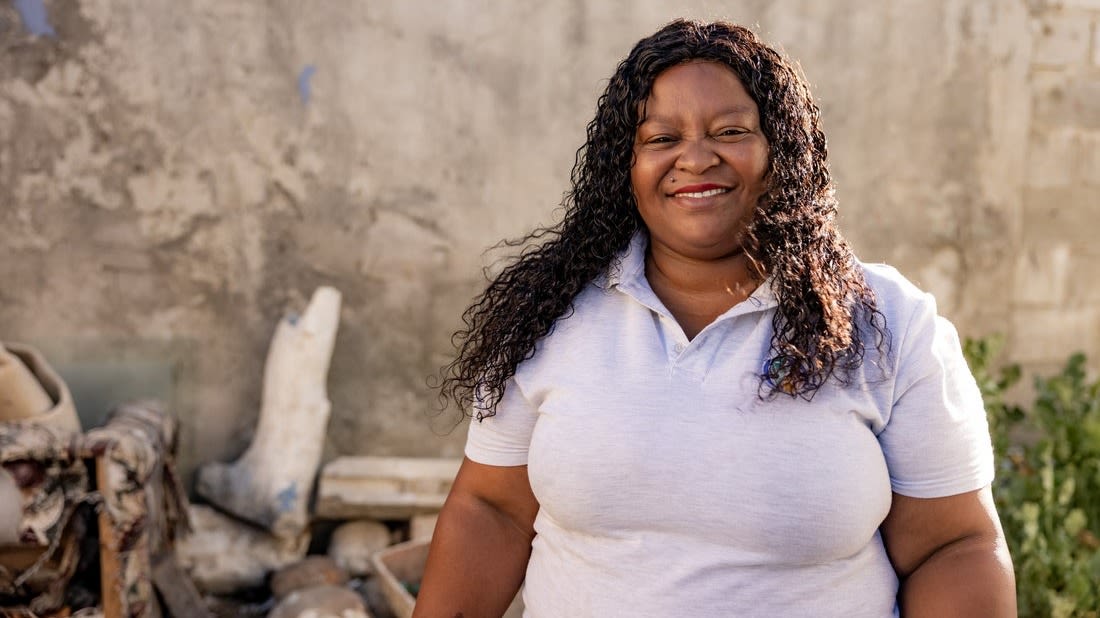
COVID-19: How We Can Support the Mental Health and Wellbeing of our Funded Partners
With the pressure of this global pandemic feeling overwhelming for many, this time of stress and uncertainty can be particularly taxing on our mental health and wellbeing. When communicating with funded partners, I have tried to come away with an understanding of what organisations are doing to protect the mental health of their staff throughout this challenging situation, and how Comic Relief can support them through this time.
We know that organisations are managing competing priorities right now; such as adapting to a digital-first approach, dealing with disruption to funded projects, and managing services they provide and staff they employ with significantly depleted sources of funding. Of course, myself and my colleagues do not simply want to leave our funded partners to navigate this situation alone. So, how is Comic Relief helping as a funder? Here are some key messages:
As a funder, we know it is vital to be flexible and supportive for our funded partners. A flexible funding approach has meant for some that managers have been able to reassure staff they are not at risk of furlough, at least in the shorter term, if they are working on projects that may now require adaptions in terms of activities or timelines.
Communication and reassurance are key to strong relationships. One organisation told me that this early contact helped ease the burden for them.
Funded partners have told me they value our support, such as sharing best practice.
Aside from relationships with their funders, organisations are focused on the mental health of their staff. It is important for me to gain some insight on how organisations are adapting throughout this time, so that I can support them. Here are some key messages that funded partners have conveyed to me:
There are increasing individual pressures on staff members outside of work. This could include managing work alongside parenting, increased financial worry, and concern for family members who are at risk.
Charity workers may feel a particular pressure to be ‘helpful’ during this time, which in some cases is closely linked to an individual’s sense of worth. This can be an especially difficult feeling to navigate in a time where so much is out of our control.
Organisational leaders are managing their own mental health whilst supporting staff members, and this can be a particularly significant challenge for smaller organisations.
Some partners have shared with me ways in which they have been supporting staff facing some of these pressures. This has included maintaining one-to-one contact, even if it is virtually, and offering more regular check-ins with line managers. Some informal social contact has also been maintained through regular Zoom team meetings, where colleagues can ‘catch up’ about things outside of work.
Other partners told me that they have also been open to flexible working hours. Social (virtual) contact, regular check-ups with colleagues and flexibility with working conditions have been key to supporting staff. Where mental health is a key focus in the mission of some organisations, our partners have told us they are ensuring clinical supervision remains in place for mental health workers, which is vital, as we see increasing demands for the services provided by key social and healthcare workers.
For further information please contact Charlene Annon (c.annon@comicrelief.com)(opens in new window).


